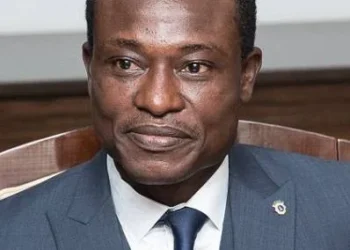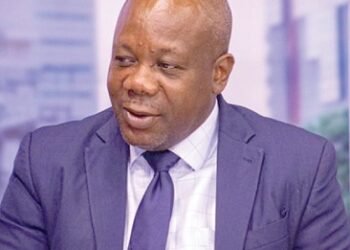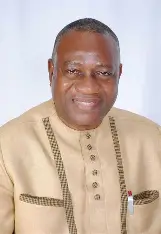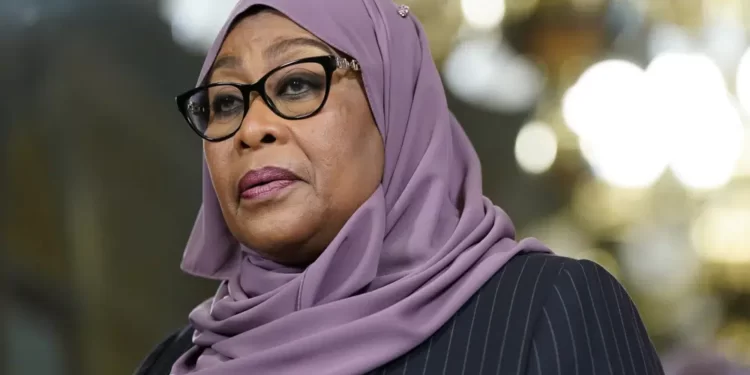The former Auditor General of the Republic of Ghana, Mr. Danial Yaw Domelevo, has lauded the president’s decision to set up specialized courts to deal with financial irregularities of the Auditor General’s report.
Mr. Domelevo noted that this decision is a great deal, given its potential to contribute to the fight against corruption. However, he emphasized that further action has to be taken in order to attain the purpose for which these courts are being designated.
He emphasized that the processes to be adopted by these courts should not be the same as what the conventional processes have been, noting that keeping the conventional processes whereby a case can stay years will defeat the purpose of these courts.
“I have said it, and I’ll repeat that it’s a very good initiative, and it will help us. However, the court per se will not change things. We need to do other things. That is, are they going to operate with the same laws and the same rules and procedures?
“Are we going to still allow trials of these crimes, which people normally like to call embezzlement or misappropriation so that people don’t even associate them with any criminality? Are we going to allow these crimes to be tried over so long a time that we pray there is a change in government?”
Mr. Danial Yaw Domelvo, former Auditor General and EOCO Board Chairman
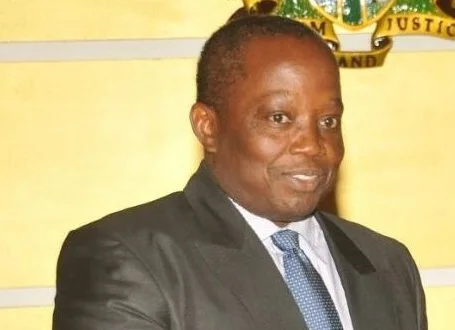
The former Auditor General made the proposal that there is the need for laws that will speed up processes in these particulars, emphasizing that prompt closure to these types of cases will help to bring perpetrators to justice.
Mr. Domelevo stated that there should be laws that give a time frame within which judges must bring closure to such cases involving financial crimes.
“There is the need for legislation to bring a closure to each type of crime, such that the judges must be given a time frame within which they should finish trying cases. Of course, lawyers would like to defeat that, so we must be smarter than the lawyers by coming out with a law that prohibits stay of proceedings.
The proceedings must continue to an end, and a judge who goes beyond the time limit must be held accountable for misconduct so that cases of this nature will be tried expeditiously.”
Mr. Danial Yaw Domelevo, former Auditor General and EOCO Board Chairman
He further added that these courts must be exclusively dedicated to cases of financial crimes and the supposed irregularities, noting that there must not be trial land disputes, armed robbery, or divorce cases, which will burden the judge with options as to which case to pay attention to.
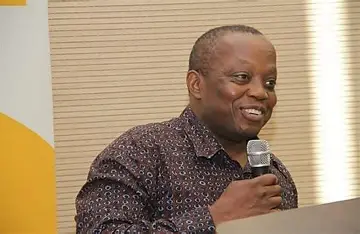
He further added that the state can recruit more lawyers, even if it is on a part-time basis, to help with the trial of these kinds of cases, adding that there would not be the need to build more courts; rather, he indicated that the idea of the 24-hour economy could be utilized to speed up processes.
“We don’t need to build new courts when the judge in the existing court closes at five o’clock or four o’clock or whatever time it closes; a new judge can come and sit in there, so we use the 24-hour economy that we are talking about.”
Mr. Danial Yaw Domelvo, former Auditor General EOCO Board Chairman
Mr. Dumelevo added that there is the need to change the notion of proving beyond reasonable doubt and rather put in place the notion of “reverse burden.”
“Even though Daniel earns only 20,000 Ghana cedis a month and has been in office for two months, so he should have been making something about 480,000, he has 20 million in his accounts. Now, the law requires the prosecutor or the prosecution to prove beyond a reasonable doubt that he stole that 20 million.
No, once we can establish beyond reasonable doubt that this money is in your possession or it belongs to you, then the onus should shift to you, reversing the burden. You should now owe it a duty to explain to us how you got 20 million into your account, even though your salary per month is only 20,000.”
Mr. Danial Yaw Domelvo, former Auditor General and EOCO Board Chairman
He emphasized that all these measures will contribute to making the special courts effective, further emphasizing that prompt conclusion of these cases would serve as a deterrent.
He emphasized that because there is not enough deterrence, these issues of financial crimes continue to happen.
He therefore concluded by commending the president and the authorities of the judiciary for the idea of the specialized courts, yet emphasized that “there is the need that we change some rules.”
READ ALSO: Atlantic Lithium Finalizes Fiscal Deal with Government, Awaits Ewoyaa Lease Approval




